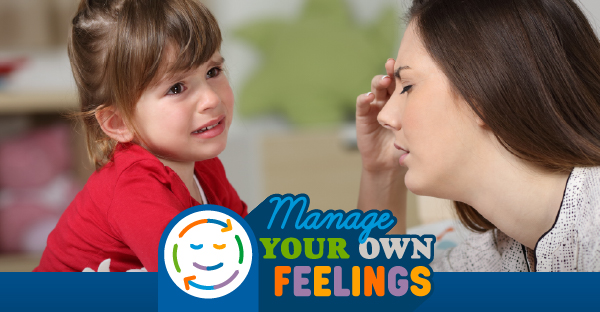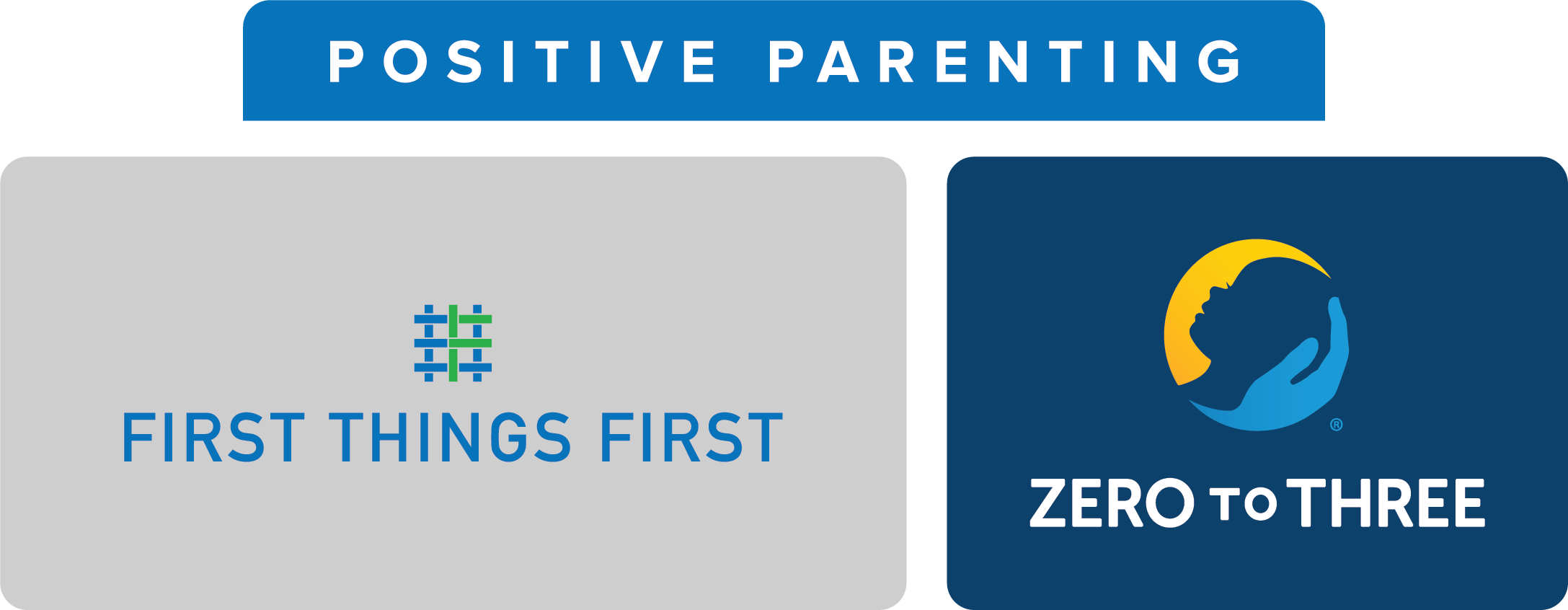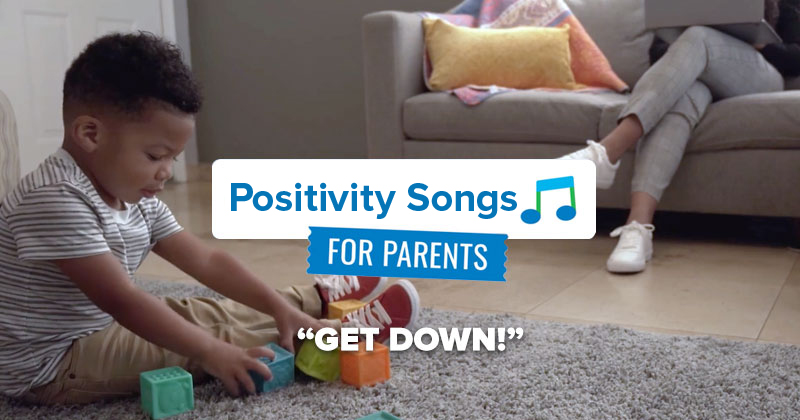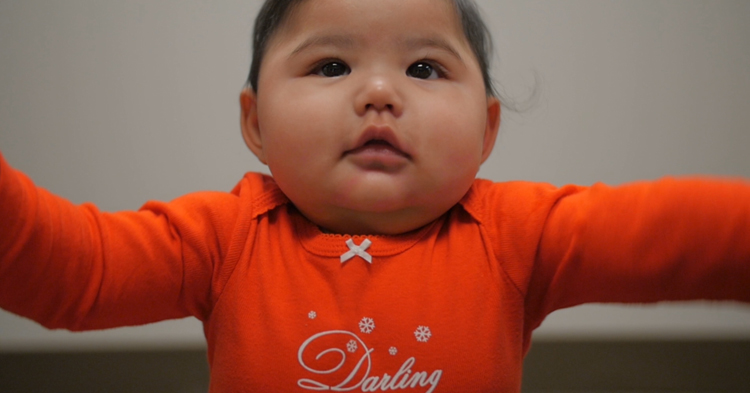
One of the hardest things about being a parent is always having to be the grown-up in the relationship. On our best days, we’re able to be the calm in the middle of our child’s storm. But it’s not always easy — like the time my daughter plugged up the toilet with generous amounts of toilet paper. As I was mopping the bathroom floor, my toddler son stood in the doorway asking me repeatedly if I wanted to see a magic trick. Holding it together during high-stress moments is one of most important skills we can develop as parents, and also one that we’ll probably keep working on most of our lives. Here are some tricks of the trade to help you fake it ‘til you make it.
1. Get a drink.
Naaaah, not that kind of drink. Have a drink of water when you feel like you’re about to lose it. Why? Well, hydration is always a good idea. But drinking also forces you to take breaths through your nose — the kind of breathing that helps calm your nervous system so you can think more rationally.
2. Talk to yourself.
There’s a ton of research, especially from the world of sports psychology, that positive self-talk leads to better performance. So next time you’re on the edge, talk to yourself like you’d talk to a friend, with empathy and kindness: This is really hard, but you can do it.
3. Stop and look.
When you feel yourself winding up, take a breath and focus. Zoom in on your child — notice the swirls of their ear, the curve of their cheek, their little belly spilling over PJ bottoms, the way their fingers grasp a favorite toy. Pay attention to every detail: the color and creases of their skin, the way they smell, their expression, their posture. Being fully present like this often helps you start to feel calmer in your own body and experience more compassion toward your child. Compassion doesn’t mean that you always say yes, but it helps you validate your child’s goals or feelings even when you have to set a limit or say no.

Young children are driven by their strong emotions. We do better as parents and role models when we take deep breaths and calm ourselves first before responding to their behavior. More about Positive Parenting
4. Shake it up.
Everyone cranky and out of sorts? Do something you don’t usually do (and I don’t mean run away to Mexico for a week). My go-to when the kids and I were having a rough day was to suggest a backwards lunch or dinner. That meant they could eat dessert first, and then have their meal. It was such a silly, small thing, but they loved it. Even as teens, my kids still talk about backwards lunches. So, in a weird way, some of our toughest moments became our best memories.
5. Set up a “feelings spot.”
Create a safe spot where your child can choose to go when they are having big feelings, like a corner of a room with a few pillows, a blanket and stuffed animals. Having a spot like this helps children learn they can do something to feel better when their emotions get overwhelming. And you can show them how! Parents: Hop. On. That. Spot! Tell your child, “I’m feeling so frustrated right now. I’m going to sit on the couch for a few minutes so I can calm down and be a better problem-solver.” This has the double benefit of modeling self-regulation for your child and giving you a chance to regroup.
Many of us are spending more time than ever at home with our children. We have more chances to share good times. And some cranky times too. Finding new ways to keep our cool helps us fill our toolbox with strategies to reach for when things get tough. Learning to manage big feelings of frustration, burnout and anger (that we all experience at some point) is a gift. It’s a gift to yourself to learn what you can do to feel better and be better. And it’s a gift to your child to experience you as a calm, loving adult they can depend on.

Rebecca Parlakian is senior director of programs for ZERO TO THREE, a national nonprofit working to ensure that all babies and toddlers have a strong start in life. She holds a master’s degree in education and human development, with a concentration in infant-toddler special education, from the George Washington University, where she is currently serving as adjunct faculty. This definition of positive parenting was developed by a ZERO TO THREE committee of staff, board members and fellows; © ZERO TO THREE 2018. |




